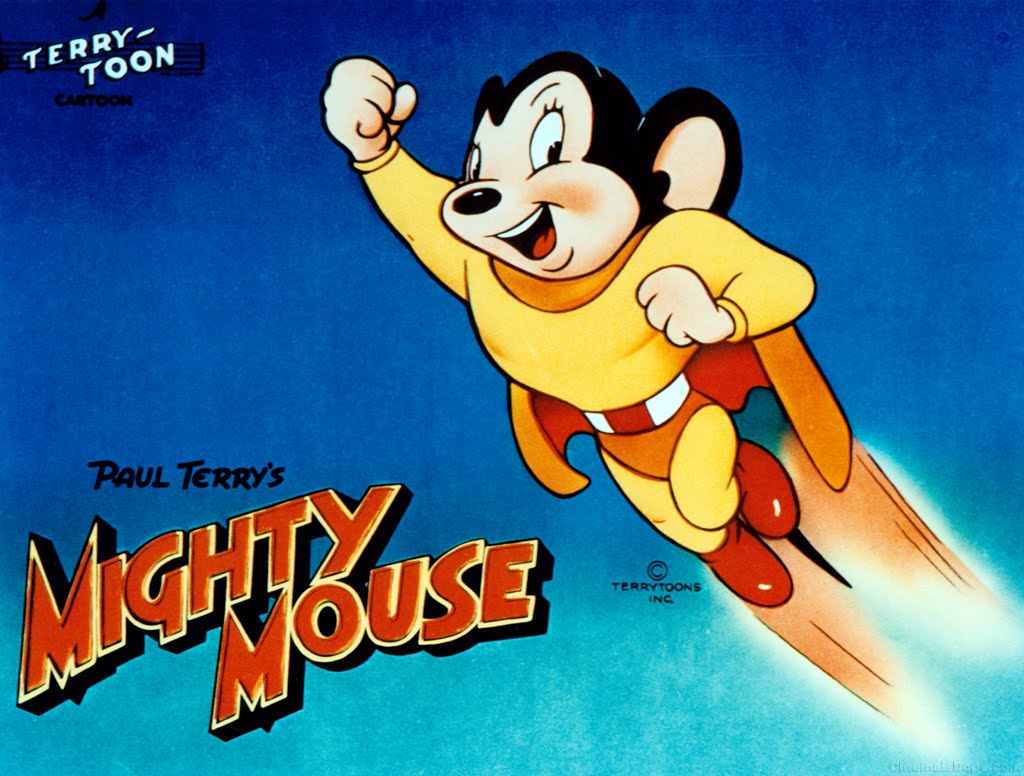The Magic of Saturday Morning Cartoons: A Trip Back to the 70s and 80s
Remember waking up early on Saturdays, the thrill of a bowl of sugary cereal, and the anticipation of diving into a world of animated adventures? For kids growing up in the 1970s and 80s, Saturday morning cartoons were a ritual, a shared experience that defined childhood weekends.
These weren't just animated shows; they were a cultural phenomenon. From the wacky antics of Scooby-Doo to the transforming robots of the Transformers, Saturday mornings offered a diverse range of programming that captivated young audiences. They were a vibrant tapestry of storytelling, introducing us to heroes, villains, and fantastical worlds that fueled our imaginations.
The landscape of children's television in those decades was unique. Before the advent of streaming services and on-demand viewing, Saturday mornings represented a dedicated block of time specifically curated for kids. This created a sense of community, as children across the country tuned in simultaneously, sharing the experience and discussing their favorite shows on Monday morning at school.
The impact of these animated series extended beyond mere entertainment. They often incorporated educational elements, subtly teaching valuable lessons about friendship, teamwork, and problem-solving. Think of the environmental messages embedded in Captain Planet or the pro-social themes woven into the fabric of Schoolhouse Rock!. These shows helped shape our understanding of the world, often in ways we didn't even realize at the time.
But the era of Saturday morning cartoons wasn't without its controversies. Concerns arose regarding the commercialization of children's entertainment, the potential for violent content, and the representation of diverse characters. These debates contributed to evolving standards and practices in children's programming, leading to the landscape we see today.
The origins of Saturday morning cartoons can be traced back to the early days of television. Networks recognized the potential of capturing a young audience and began experimenting with animated programming. The 1970s and 80s witnessed a surge in creativity and innovation in this space, resulting in a golden age of animation that continues to be celebrated today.
Several factors contributed to the rise of Saturday morning cartoons. The relatively low production costs of animation made it an attractive option for networks. The dedicated time slot provided a captive audience, and the rise of toy licensing and merchandising created a lucrative business model.
One of the most significant benefits of Saturday morning cartoons was their ability to spark creativity and imagination in young viewers. The fantastical worlds and characters offered a form of escapism, allowing children to explore endless possibilities. These shows also fostered social connections, providing a common ground for shared experiences and conversations.
Another benefit was the educational value woven into many of these programs. While entertaining, they often conveyed important lessons about morality, social responsibility, and problem-solving. This blend of entertainment and education made them a valuable tool for parents and educators alike.
Advantages and Disadvantages of 70s/80s Saturday Morning Cartoons
| Advantages | Disadvantages |
|---|---|
| Sparked creativity and imagination | Concerns about commercialization |
| Provided educational value | Potential for violent content |
| Fostered social connections | Limited representation of diversity |
One real-world example of the lasting impact of these shows is the enduring popularity of franchises like He-Man, Transformers, and G.I. Joe. These properties have spawned countless toys, comics, video games, and even live-action movies, demonstrating the enduring appeal of these classic characters.
Another example is the nostalgic resurgence of interest in these cartoons, with retro-themed merchandise and online communities dedicated to celebrating the era of Saturday morning cartoons.
Frequently Asked Questions:
What were some popular cartoons in the 70s? Answer: Scooby-Doo, Super Friends, Schoolhouse Rock!
The legacy of Saturday morning cartoons from the 70s and 80s continues to resonate today. These shows not only entertained but also shaped the imaginations and values of a generation. They represent a unique period in television history, one that holds a special place in the hearts of many. Rediscover the magic of these classic cartoons and share the experience with a new generation. It's a timeless journey worth taking.
Decoding despair understanding its meaning and impact
Making birthdays memorable more than just happy birthday
Unmasking the mystery how old is lil tony rapper














